Unveiling the Celestial Spectacle: Understanding Tonight’s Aurora Forecast
Related Articles: Unveiling the Celestial Spectacle: Understanding Tonight’s Aurora Forecast
Introduction
With enthusiasm, let’s navigate through the intriguing topic related to Unveiling the Celestial Spectacle: Understanding Tonight’s Aurora Forecast. Let’s weave interesting information and offer fresh perspectives to the readers.
Table of Content
Unveiling the Celestial Spectacle: Understanding Tonight’s Aurora Forecast

The ethereal dance of the aurora borealis, or northern lights, has captivated humanity for centuries. This mesmerizing display of vibrant colors shimmering across the night sky is a testament to the dynamic nature of our sun and its influence on Earth’s atmosphere. While the aurora is a captivating spectacle, understanding the factors that govern its appearance is crucial for maximizing the chances of witnessing this natural wonder. This is where aurora forecast tonight becomes vital, offering insights into the likelihood and intensity of the aurora borealis for the current evening.
Understanding the Science Behind the Aurora
The aurora borealis is a result of charged particles from the sun, known as the solar wind, interacting with Earth’s magnetic field and atmosphere. These particles, primarily protons and electrons, travel at immense speeds, reaching Earth’s magnetosphere, a region of space dominated by Earth’s magnetic field.
Here’s a simplified breakdown of the process:
- Solar Flares and Coronal Mass Ejections: The sun experiences periodic bursts of energy called solar flares and coronal mass ejections (CMEs). These events release massive amounts of charged particles into space.
- Interaction with Earth’s Magnetic Field: When these charged particles encounter Earth’s magnetic field, they are deflected towards the poles.
- Atmospheric Collision: As these particles penetrate the upper atmosphere, they collide with atoms and molecules of oxygen and nitrogen.
- Excitation and Emission: These collisions excite the atoms, causing them to absorb energy. When these atoms return to their ground state, they release the absorbed energy as light, creating the vibrant colors we see in the aurora.
The Importance of Aurora Forecasts
Aurora forecast tonight provides valuable information for aurora enthusiasts, photographers, and researchers alike. It allows individuals to plan their viewing opportunities, maximize their chances of witnessing the aurora, and potentially capture stunning photographs of this celestial phenomenon.
Factors Influencing Aurora Forecasts
Several factors influence the intensity and visibility of the aurora, and these are carefully considered in aurora forecast tonight:
- Solar Activity: The intensity of solar flares and CMEs directly influences the amount of charged particles reaching Earth. More intense events lead to stronger auroras.
- Geomagnetic Storms: These disturbances in Earth’s magnetic field are caused by solar activity and significantly impact the aurora’s visibility.
- Location: The aurora is typically visible in high-latitude regions, particularly near the magnetic poles.
- Cloud Cover: Cloudy skies can obstruct the view of the aurora, making it crucial to check weather conditions.
- Light Pollution: Artificial light from cities and towns can significantly reduce the visibility of the aurora.
Interpreting Aurora Forecasts
Aurora forecast tonight is often presented using various indices and scales:
- Kp Index: This scale measures the strength of geomagnetic storms, ranging from 0 to 9. Higher Kp values indicate stronger geomagnetic activity and potentially brighter auroras.
- G-Scale: This scale provides a more general assessment of geomagnetic storm intensity, ranging from G1 (minor) to G5 (extreme).
- Aurora Oval: This is a region around the magnetic poles where the aurora is most likely to be seen. Forecasts often depict the expected size and location of the aurora oval for a given night.
Related Searches for Aurora Forecast Tonight
1. Aurora Forecast Tonight in My Location: This search allows users to find specific forecasts tailored to their geographic location, considering factors like latitude and light pollution.
2. Aurora Borealis Forecast Tonight: This search focuses on the northern lights specifically, providing information on the likelihood of seeing them in the northern hemisphere.
3. Aurora Forecast Tonight for Alaska: This search targets a specific region known for its auroral displays, providing forecasts tailored to Alaskan skies.
4. Aurora Forecast Tonight Canada: Similar to the Alaska search, this focuses on forecasts for Canadian regions, considering the country’s vast northern territories.
5. Aurora Forecast Tonight for Iceland: Iceland is another popular destination for aurora viewing, and this search provides localized forecasts for the island nation.
6. Aurora Forecast Tonight for Norway: Norway’s northern regions offer stunning aurora displays, and this search provides specific forecasts for the country.
7. Aurora Forecast Tonight for Finland: Finland’s Lapland region is renowned for its auroral activity, and this search offers localized forecasts for the area.
8. Aurora Forecast Tonight for Greenland: Greenland’s vast, dark skies provide ideal conditions for aurora viewing, and this search provides forecasts for the region.
FAQs about Aurora Forecast Tonight
Q: How accurate are aurora forecasts?
A: Aurora forecasts are based on complex models and data from various sources, including solar activity monitoring and geomagnetic field measurements. However, they are not always perfect, and the actual aurora may differ from the forecast due to the dynamic nature of space weather.
Q: What are the best times to see the aurora?
A: The aurora is most visible during periods of high geomagnetic activity, typically during the winter months (September to April) when the nights are long and dark. The best time to view the aurora is typically between 10 pm and 2 am local time.
Q: What are some tips for maximizing my chances of seeing the aurora?
A:
- Choose a location with minimal light pollution: Seek out dark skies away from city lights.
- Check the weather forecast: Clear skies are essential for aurora viewing.
- Be patient: The aurora can be unpredictable, so be prepared to spend some time waiting.
- Dress warmly: Nights can be cold, especially in high-latitude regions.
- Use a red-light flashlight: Red light minimizes interference with night vision.
Conclusion
Aurora forecast tonight is a valuable tool for anyone interested in experiencing the awe-inspiring beauty of the aurora borealis. By understanding the factors influencing auroral activity and utilizing available forecasts, individuals can significantly increase their chances of witnessing this captivating celestial spectacle. Remember that the aurora is a natural phenomenon, and while forecasts provide guidance, it is always best to be prepared for the unexpected and embrace the wonder of the night sky.

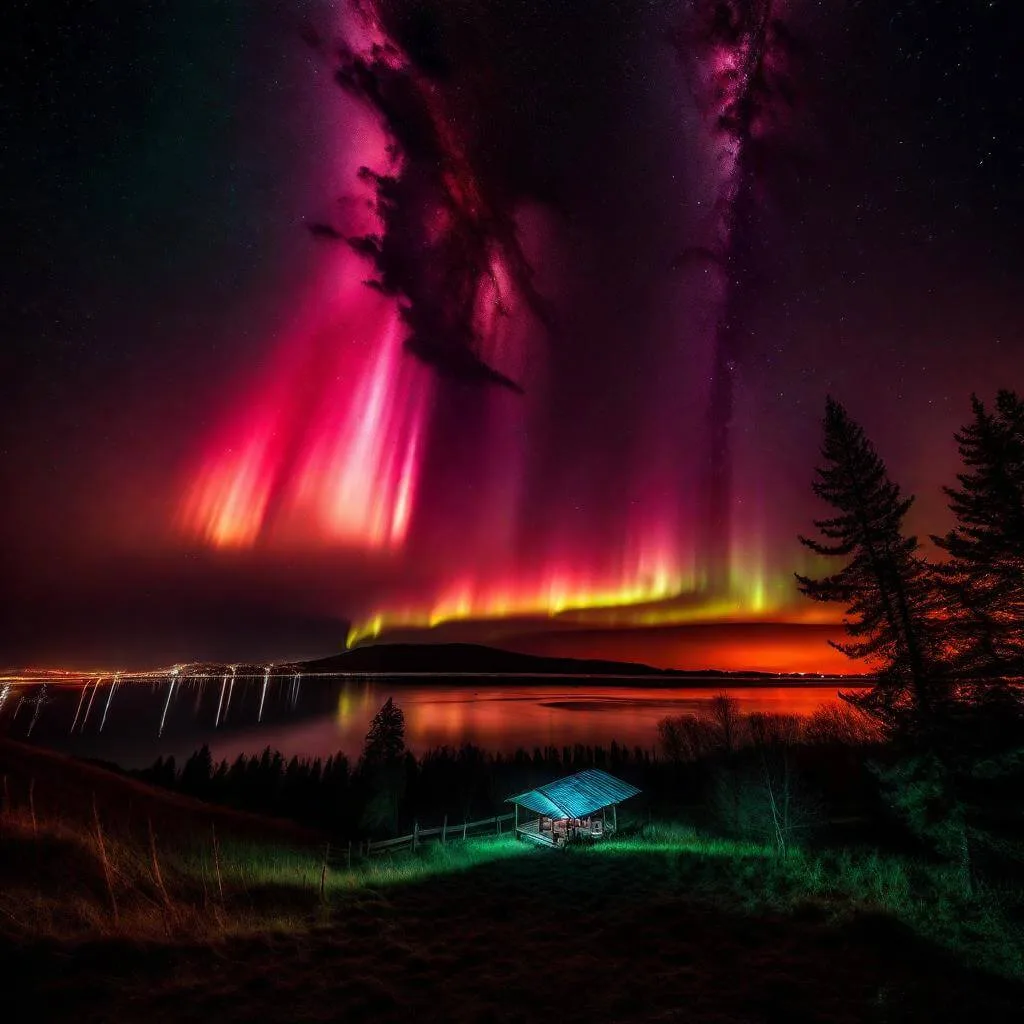
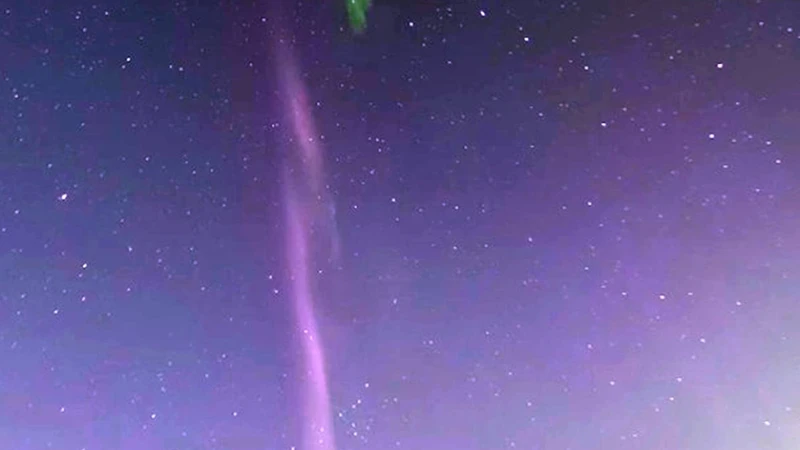


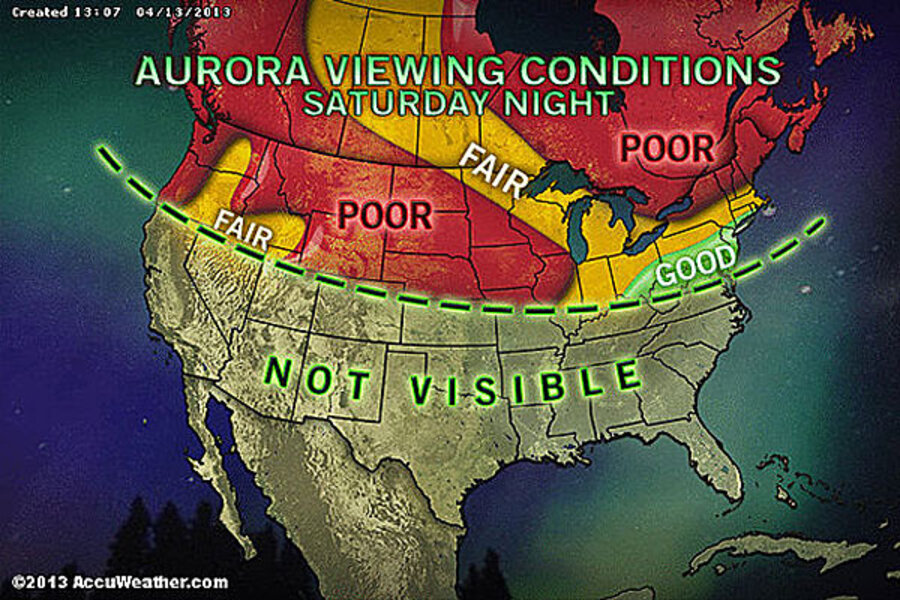
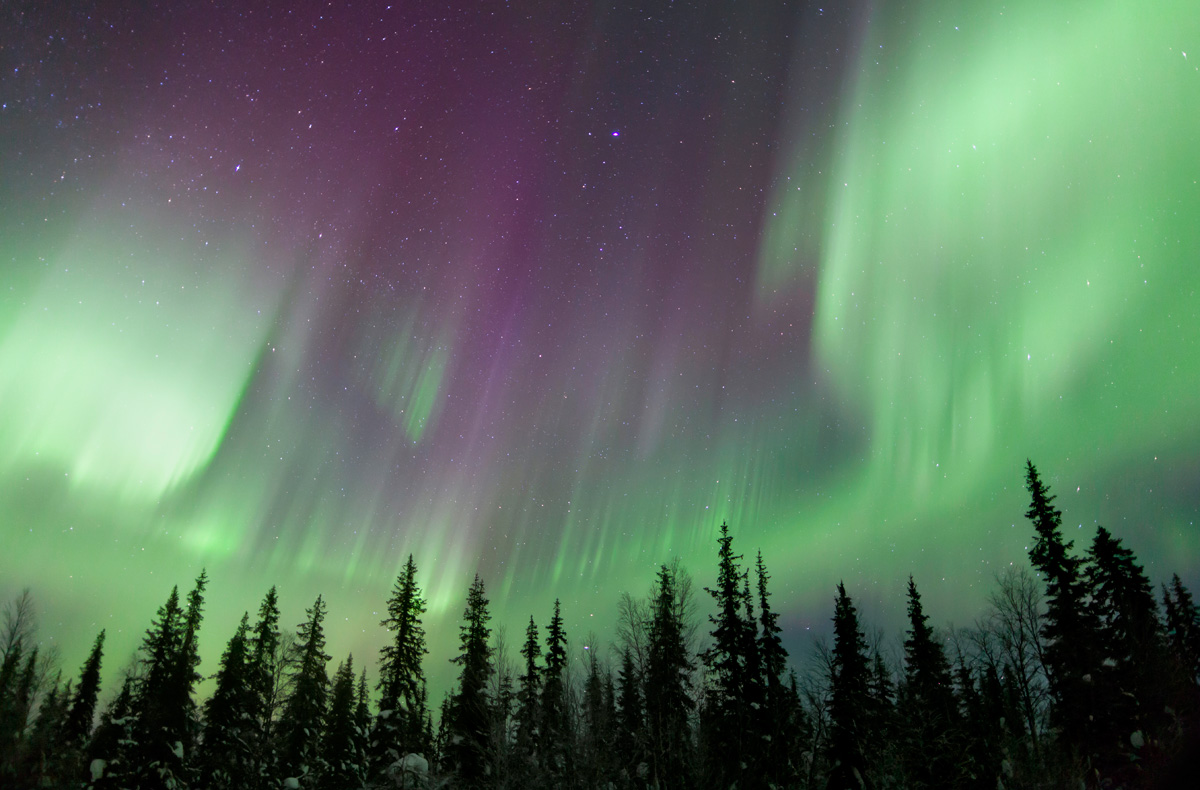
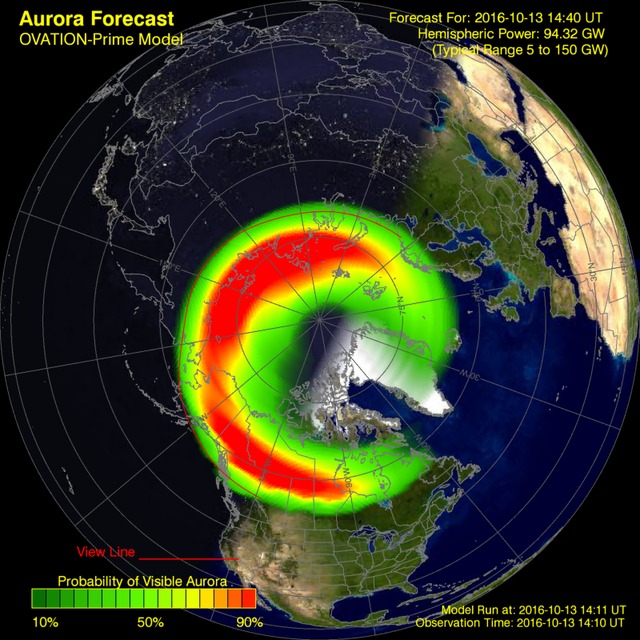
Closure
Thus, we hope this article has provided valuable insights into Unveiling the Celestial Spectacle: Understanding Tonight’s Aurora Forecast. We appreciate your attention to our article. See you in our next article!

